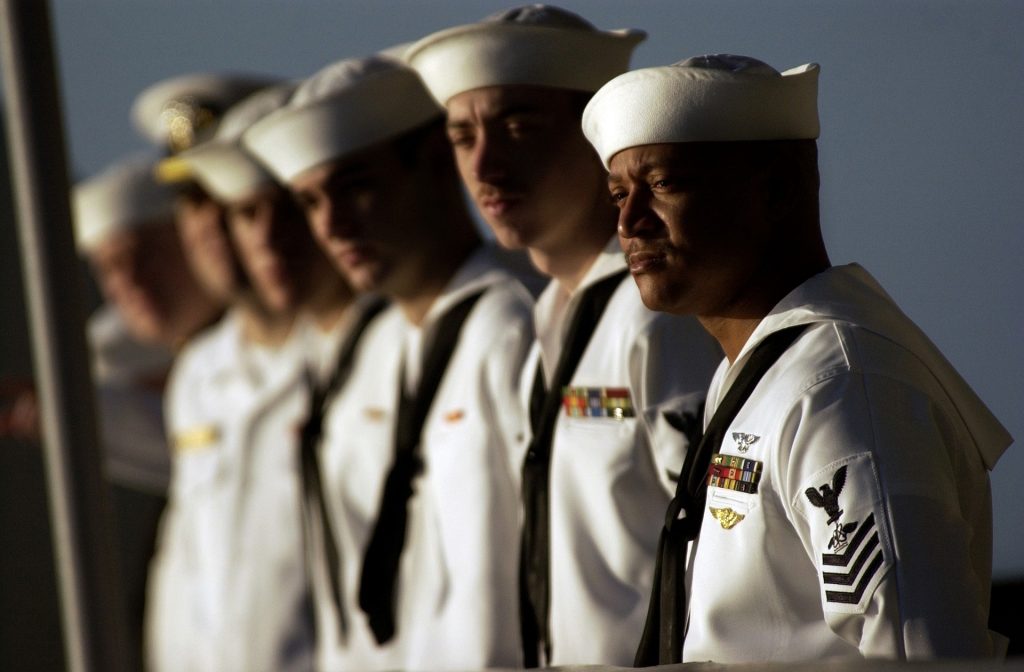Concerning figures, but imperfect study
A study conducted by researchers from the University of Nevada, Las Vegas (UNLV) and Bowling Green State University found that active US military personnel have problem gambling rates 3.5 times higher than the general population. Commissioned by the Kindbridge Research Institute (which drew donations from Playtech and DraftKings), the study and its findings were presented at the International Center for Responsible Gaming (ICRG) Conference on Gambling and Addiction.
The study looked at a total of 3,050 active members of the military, veterans, and civilians and found that the problem gambling rate among active military was 68.6%, compared to 18.7%.
It is a flawed study in one significant way, though. Of the 3,050 subjects, just 102 were active military personnel (which may not be completely the fault of the researchers, as it could have simply been a low response rate among active military). Thus, as executive director of Kindbridge Research Institute Dr. Nathan DL Smith said, one can’t use the results of the study to make confident generalizations about the active military population as a whole. More data is needed; the sample size is too small.
Dr. Smith, however, did not believe the study was invalid. “….the significant rate of gambling problems in active duty military is a major red flag and larger, more representative studies of active duty military are now vital to determine what the true rate of gambling disorder is in this population,” he said.
Department of Defense isn’t helping
What is fascinating, and a bit crazy, is that the US government is not clear of blame for what looks like high problem gambling rates among the enlisted. The US Department of Defense operates more than 3,000 slot machines on US military bases outside of the country. Those machines bring in over $100 million in revenue for the government each year.
The Department of Defense is also much more lax in its gambling regulations than essentially any jurisdiction that regulates gambling. The KRI determined that the DoD is dead last out of 36 jurisdictions it reviewed that had legal slot machine gambling.
Added Smith: “Our review concluded that the DoD requires only one of the ten responsible gambling policies recommended by the American Gaming Association, while the average number of responsible gambling policies required in the other 35 states was just over seven.”
He also said that active military personnel seek help for problem gambling less often than do other people. One factor, Smith posited, could be that if they do come forward and seek help, they risk consequences for their military career. But not getting help can lead to much worse situations.
“People with untreated gambling problems can get caught in a destructive cycle of negative feelings and gambling to escape those feelings, which leads to more negative emotions,” Smith said. “In a situation where treatment is not available, these harmful spirals can cause significant damage to a person’s home life, career, mental health, and finances.”
